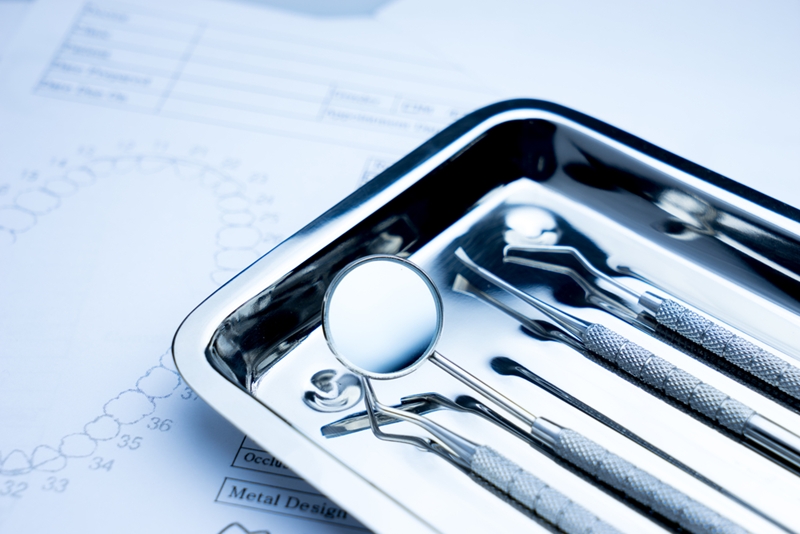Those of us who have gone through wisdom teeth pain might recall how awful it was when the molars first developed. We had problems with opening our mouths, chewing and swallowing seemed like the hardest things to do, and in some instances, a case of constant bad breath stuck with us day and night.
The reason why wisdom teeth hurt is when a tooth tries to come in, it might come in sideways or an abnormal position.
What are wisdom teeth and why do they cause pain?
Wisdom teeth – also know as the third molars – are the last set of teeth to come through, usually happening anywhere from the age of 17 to 21. Normally there are two wisdom teeth at the back of our upper jaw and another two in the lower jaw, but some people have less or even none at all.
While most people think it is the wisdom teeth that cause the pain, it is actually the gum infection that annoys sufferers.
The reason why they hurt is that when a wisdom tooth tries to come in, it might push through sideways or via an abnormal position due to the lack of room inside our mouths. The gum on top can become infected and swollen while in severe cases, destroy other teeth and bone.
Colgate Oral Care Centre has found that the gum inflammation, also known as pericoronitis, can spread to the throat or even the neck, and requires surgery in some situations.
Do antibiotics work?
Antibiotics can be taken to treat infections caused by the wisdom teeth, however if the problem teeth are not extracted, it is very likely that the bacteria and inflammation might return. If you suffer from other health issues, the infections might also lead to further complications if not addressed.

Why you should remove your wisdom teeth even if they don't hurt
Not everyone will experience the pain – some are lucky enough to be born without third molars and others have enough space for them to come through.
However, it is still often advisable to get them removed, even if the wisdom teeth do not cause any pain, as there's a chance of problems developing at some stage. The common issues include infection, decay, and damage to the gum and other teeth. Cysts may even develop in rare occasions, according to Colgate.
To learn more about the wisdom teeth removal, book online with the City Dentists team to make an appointment.
